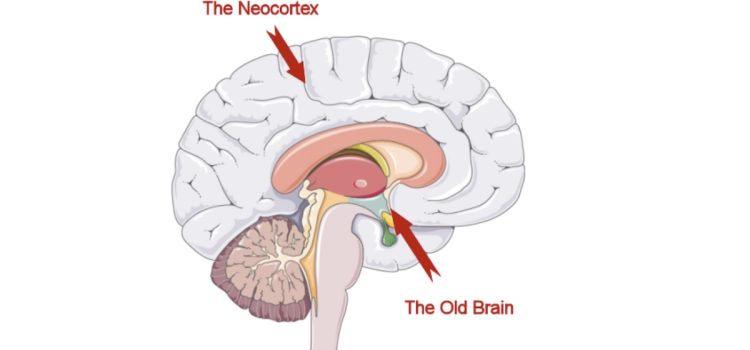What’s the mainstream theory of human nature? Why does Steven Pinker think it’s old-fashioned and, thus, misguided? Throughout most of the 20th century, the mainstream intellectual view of human nature was that humans are benevolent blank slates, with immaterial souls distinct from their physical bodies. But, according to cognitive psychologist and public intellectual Steven Pinker, this view is mistaken. Keep reading to learn what the theory is and how it falls short.
Why the Mainstream Theory of Human Nature Is Flawed (Pinker)










